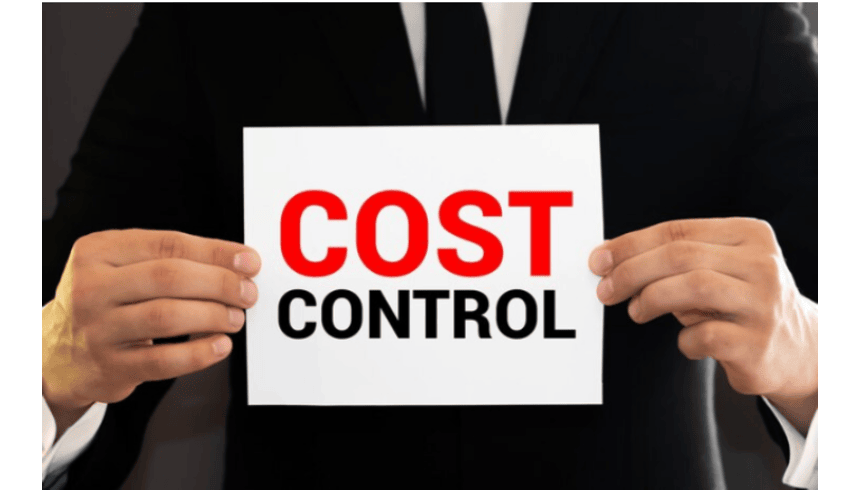
The Cost of a Non-Compliant Company
The importance of compliance in the business world cannot be overstated. With the increasing emphasis on corporate responsibility and ethical practices, companies are expected to uphold high standards of conduct. This not only includes adhering to legal requirements but also embracing ethical norms that foster trust and integrity.
Failing to meet these standards can lead to severe consequences. Non-compliance can result in hefty fines, legal penalties, and even criminal charges. Beyond the financial repercussions, companies may suffer from irreparable damage to their reputation and consumer trust, which can have long-term impacts on business sustainability and growth.
Taking into consideration the true cost of non-compliance, this article investigates direct financial expenses, reputational damage, operational disruptions, growth hindrances, and personal liability issues. So let’s move ahead.
Understanding the Direct Financial Costs of Non-Compliance
Non-compliance with laws and regulations can have significant financial repercussions for businesses. These costs can manifest in various forms, including fines, penalties, and legal fees. Companies found in violation of regulations may face immediate financial burdens that can jeopardize their financial stability.
-
Fines: Monetary charges imposed by regulatory bodies for violations.
-
Penalties: Additional costs imposed for non-compliance, which can include both monetary and operational restrictions.
-
Legal Fees: Costs associated with legal representation and court proceedings.
The Long-Term Reputational Damage
Non-compliance can have severe repercussions on a company's brand image and consumer trust. In today's socially conscious market, consumers are increasingly vigilant about the ethical practices of the companies they support. When a company fails to comply with laws or ethical standards, it risks losing the confidence of its customer base, which can lead to a significant decline in sales and market share.
-
Brand Image: A tarnished reputation can make a company less attractive to both current and potential customers.
-
Consumer Trust: Trust once lost is difficult to regain, leading to long-term sales declines.
-
Employee Morale: Non-compliance can also affect internal perceptions, making it challenging to retain and attract top talent.
Impact on Growth and Expansion Plans
Failure to comply with regulations can significantly hinder a company's ability to grow and expand into new markets. Regulatory compliance is often a prerequisite for entering certain industries or regions, and non-compliance can lead to missed opportunities and stagnation.
For instance, a company looking to expand its operations internationally must adhere to the regulatory standards of each target country. Non-compliance can result in denied permits, restricted market access, and additional scrutiny from foreign regulatory bodies, making expansion efforts both costly and time-consuming.
Industry-specific compliance requirements can also affect business scalability. For example, the pharmaceutical industry is heavily regulated, with strict guidelines for manufacturing, marketing, and distribution. Companies failing to meet these requirements may find themselves unable to launch new products or enter new markets, severely limiting their growth potential.
-
Market Access: Compliance is often a prerequisite for entering new markets.
-
Industry-Specific Requirements: Different industries have unique compliance standards that affect scalability.
-
Reputation Management: A compliant company is more likely to be trusted by consumers and partners, facilitating smoother expansion.
According to a study by McKinsey & Company, companies that maintain high compliance standards are 30% more likely to achieve their growth targets compared to their non-compliant counterparts. This data underscores the critical role that compliance plays in enabling sustainable growth and market expansion.
Personal Consequences for Company Leaders
Non-compliance doesn't just affect the company as a whole; it can also have serious personal consequences for company leaders. Executives and board members can face significant liabilities if their organization fails to meet regulatory standards.
It is seen in many jurisdictions, company leaders can be held personally accountable for compliance failures. This might include fines, disqualification from holding director positions, or even imprisonment in severe cases.
Let’s see a real-life example:
Elizabeth Holmes: The former CEO of Theranos faced criminal charges and was found guilty of fraud due to misleading investors about the capabilities of her company's blood-testing technology. This is a stark reminder of the legal repercussions of non-compliance.
Conclusion
Compliance is not just a legal requirement but a cornerstone for sustainable success. Maintaining it offers numerous benefits, including enhanced financial stability, a strong brand reputation, and the ability to capitalize on growth opportunities.
As highlighted by industry experts, "Compliance is not just about avoiding penalties; it’s about building a resilient and trustworthy business".
We encourage all business leaders to evaluate their compliance strategies and practices. Regular audits, employee training, and a robust compliance framework are essential steps to ensure your company remains compliant and thrives in the long term.
Author: Oksana Day, SHRM-CP